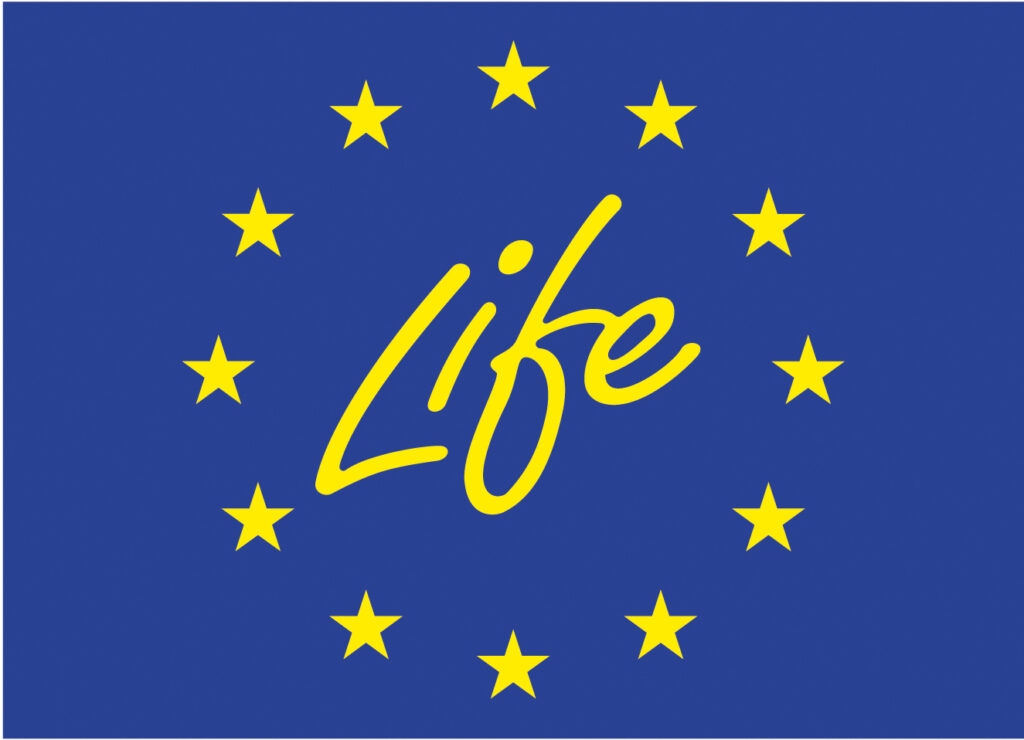ENEFIRST Plus – a new project that will support Member States to implement the principle of ‘Energy Efficiency First’. 8 organisations are joining forces to provide hands-on support based on real-life examples to help ensure that energy efficiency is the fuel of the future.
Amsterdam, the Netherlands, January 2024.
The ongoing energy crisis combined with the escalating climate emergency has heightened the need to transform our energy system. Decarbonising our energy supply and reducing energy consumption and imports are the pillars on which we build a net-zero society. Energy efficiency has a crucial role in the transformation of our global energy system and the acceleration of a clean and fair energy transition.
Energy saving measures can improve global living standards by lowering energy costs and providing affordable and reliable energy. Energy efficiency is currently in the spotlight as policymakers seek to enhance energy security and affordability for consumers. Recognised as the “first fuel” at the recent G7 Ministers’ Meeting on Climate, Energy, and the Environment and a “key pillar in the global energy transition”.
As global momentum builds, the next decade will be crucial for energy efficiency: the latest IEA report (2023) on energy efficiency states that more efforts are needed and assessed that doubling the rate is vital to reach net zero and could cut household energy bills by a third in advanced economies, create millions of jobs and result in over 7 Gt CO2 emissions savings by 2030. The EU and COP28 presidency launched a Global Pledge on Renewables and Energy Efficiency, signed by 121 countries during COP28, committing to double the global rate of energy efficiency improvements by 2030 compared to the previous decade.
For the EU, energy efficiency is a top priority, as outlined in the recent Energy Efficiency Directive (EED) recast. The EED is the main piece of legislation that sets EU-wide energy efficiency targets and is key to delivering energy savings across the EU. Article 3 of the EED recast provides a clear legal basis for the Energy Efficiency First Principle (EE1st) to support its application. Article 27 also includes new provisions emphasizing the key role of National Regulatory Authorities and transmission and distribution operators.
ENEFIRST Plus, a LIFE funded project, builds on research from a previous project, ENEFIRST, that aimed to make the EE1st principle operational in Europe’s buildings sector. ENEFIRST Plus will continue and expand this work, first by going from research to implementation, and second by using a cross-cutting approach and covering various sectors. The general approach is that EE1st should become part of stakeholders’ existing practices to plug EE1st in the decision-making.
ENEFIRST Plus will develop practical guidelines and provide hands-on support to Member States and other key stakeholders, to implement EE1st for investment in energy infrastructure, energy planning and designing incentive schemes. The project outputs will be plug-ins to make the resources currently used by stakeholders fit for EE1st. These plug-ins will be co-developed and tested in 8 real-life cases in 4 European countries (Croatia, Greece, Italy, and Poland), providing a diversity of national contexts, needs and objectives.
“EE1st has been officially defined already five years ago, in December 2018, when the Governance Regulation of the Energy Union was adopted. The experience gained in five years confirms that it is easier said than done. But we have also previously seen, with the ENEFIRST project, a growing number of examples where the EE1st principle has been implemented, at least partially, the research from that project proved that it can have major impacts. ENEFIRST Plus goes further to get EE1st a common practice of stakeholders. Hence the approach of developing plug-ins. Because EE1st is not about building new energy systems or policies in parallel to the existing ones, it is to change the existing energy systems or policies starting from the needs, and considering all options on a level playing field.” says Jean-Sébastien Broc, researcher and consultant specialised in energy efficiency at IEECP and part of ENEFIRST Plus.
The work in Croatia will be led by EIHP (Energetski Institut Hrvoje Pozar), the national energy institute of Croatia, and will focus on national energy planning and integrating EE1st in the network development plans of a Transmission System Operator and related cost-benefit analysis. In Greece, CRES (Centre for Renewable Energy Sources and Savings) will assess the contribution of energy efficiency and renewable energy interventions for heating and cooling plans at national and regional levels, compared to additional investments for natural gas infrastructure. For Italy, ENEA (Italian National Agency for New Technologies, Energy and Sustainable Economic Development) will investigate how the EE1st principle can be integrated into local energy planning through Sustainable Energy and Climate Action Plans, and enhance its integration with a methodology for cost-benefit analysis, and an evaluation on the impacts of energy poverty. The work in Poland will be carried out by KAPE (The Polish National Energy Conservation Agency) and will focus on incentives for making the use of demand-side resources attractive for both sides (distribution system operators and end-users), to handle the increasing pressure on distribution networks due to the development of distributed electricity generation from renewable energies (e.g. from solar panels).
Building capacity and stakeholders’ engagement through learning cycles are one of the core components of ENEFIRST Plus, which will result in a community of practice. To enhance this knowledge exchange, the project will also develop an online platform providing in one place all the relevant information on Energy Efficiency First.
For more information on the ENEFIRST Plus project: https://ieecp.org/projects/enefirst-2/
Contact person: Axelle Gallerand, IEECP, Communication lead ([email protected])

Co-funded by the European Union under project n°101120880. Views and opinions expressed are however those of the author(s) only and do not necessarily reflect those of the European Union or CINEA. Neither the European Union nor the granting authority can be held responsible for them


